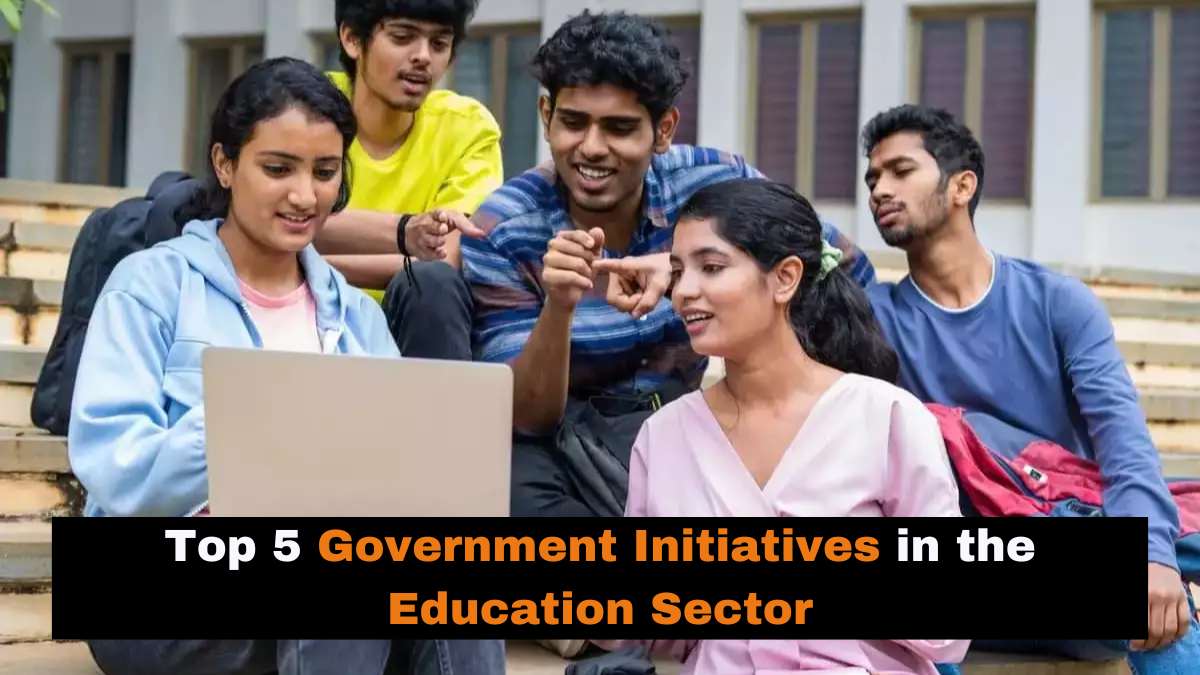The year 2024 was full of ups and downs for the Indian education system. On a positive note, Indian universities kept leaving their imprint on the world stage. Several Indian Institutes of Technology (IITs), the Indian Institute of Science (IISc), and other prestigious institutions rose in global rankings.
A number of Indian colleges were ranked in the top 200 worldwide by the QS World Rankings 2025, which was a major improvement over prior years.
Major Advancement in the Education Sector
Similar advancements may be seen in FT Business Schools, THE World Rankings, and other places. Although these accomplishments demonstrate India's growing focus on high-quality education, 2024 was not without its challenges. The system's credibility was damaged by instances of paper leaks in significant tests like NEET UG, NTA UGC NET, and several recruiting exams.
In order to address systemic issues and improve the entire education environment, the administration launched a number of revolutionary measures in 2024.
PM Vidyalaxmi Scheme
In 2024, a historic program called the PM-Vidyalaxmi Scheme was launched to alleviate financial strains on deserving students. The program provides low-interest education loans to undergraduate and graduate students accepted into the top 860 universities in India.
Over 22 lakh kids are expected to profit from this project each year, with a hefty budget of ₹3,600 crore allotted for the next seven years. The program seeks to develop India's sharpest brains by making sure that access to high-quality education is not impeded by financial limitations.
One Nation, One Subscription
In terms of research and higher education, the One Nation One Subscription (ONOS) Scheme turned out to be a revolutionary decision taken by the Indian government. This program, which has a staggering budget of ₹6,000 crore spread over three years, gives everyone in the country access to research databases, e-books, and scholarly publications.
ONOS aims to enhance India's research output and raise the standard of higher education by removing knowledge barriers. Students stand to benefit much from this digital transformation, especially those attending colleges and research organizations.
PM SHRI Schools
Building on the National Education Policy (NEP) 2020 framework, the PM SHRI Schools program seeks to build more than 14,500 schools nationwide. These state and federally run schools will be used as models for inclusive and comprehensive education.
PM SHRI Schools offer to transform the educational experience for students by promoting creativity, critical thinking, and character development through state-of-the-art facilities and creative pedagogies.
Low-Interest Education Loan
The 2024–25 budget included an interest subvention program that the government implemented to better democratize access to higher education. Under this initiative, students can use e-vouchers to receive a 3% interest subsidy on education loans up to ₹10 lakh for domestic colleges.
This program, which benefits one lakh students a year, attempts to ease the financial burden on families and give more kids the opportunity to pursue their academic goals.
PM Internship Scheme
The PM Internship Scheme was introduced by the government to supplement its efforts to improve educational possibilities by giving students and new graduates professional experience and exposure to the real world. Participants in this program receive internships at a variety of government agencies, public sector projects, and affiliated private entities.
Pradhan Mantri Scholarship
Another admirable program for undergraduate and graduate students enrolled in technical schools authorized by AICTE, UGC, is the Pradhan Mantri Scholarship Scheme (PMSS).
For boys and girls, the program offers a monthly scholarship of ₹2,500 and ₹3,000, respectively. Financial assistance is available for one to five years, depending on the course.
PMSS aims to ensure that students can concentrate on academic achievement and skill development without financial constraints by easing financial constraints.
With the help of many schemes and scholarships, the government of India tried to tackle the problem of youth education unemployment throughout the year 2024. Many of the schemes are yet to yield results.
ALSO READ: DoE Delhi Announces Winter Break from Jan 1 to 15, Classes 9 to 12 to Have Remedial Classes

Comments
All Comments (0)
Join the conversation